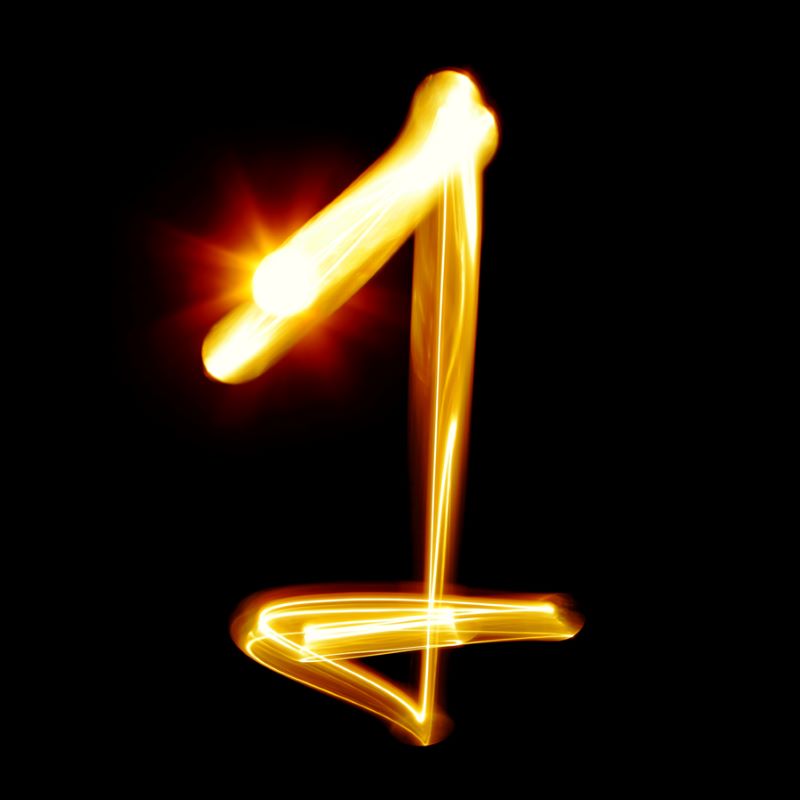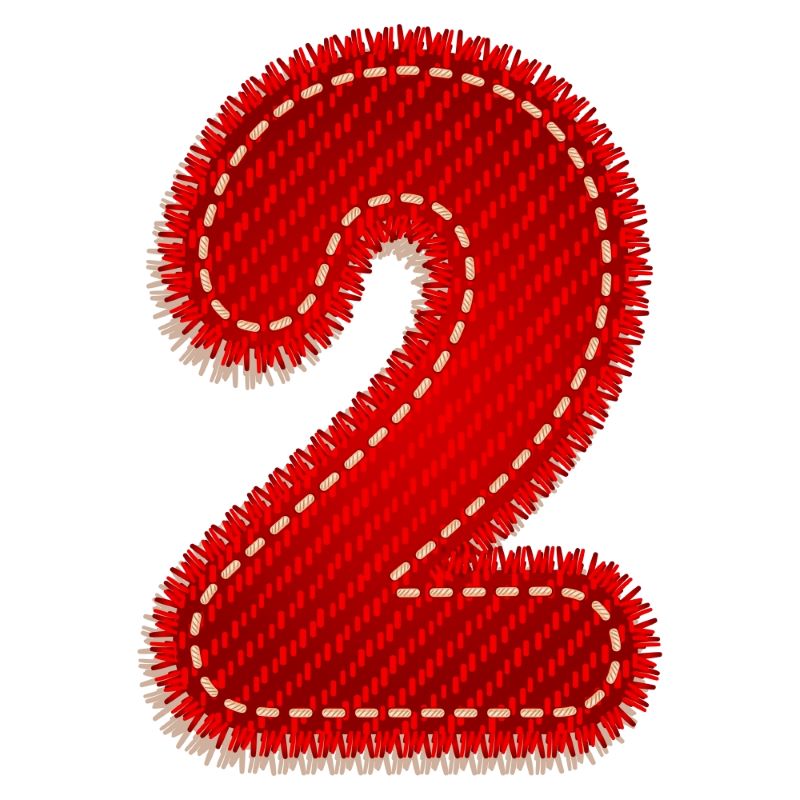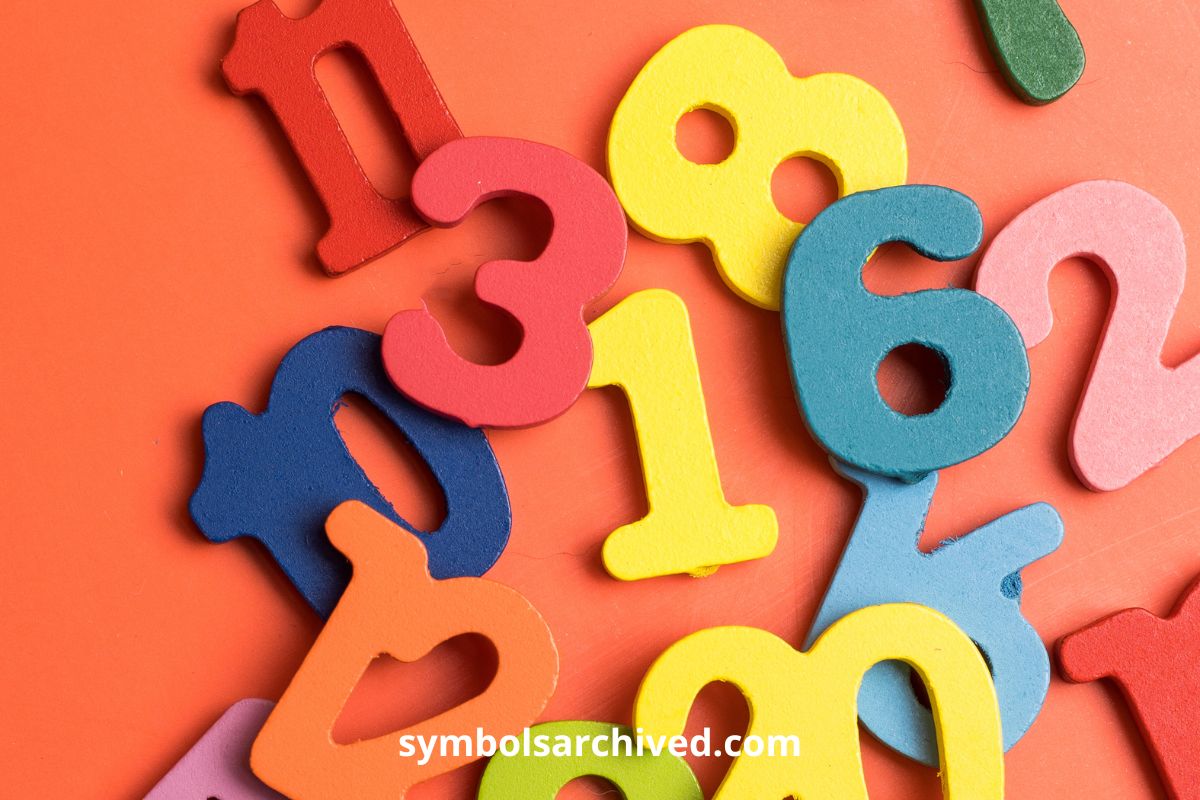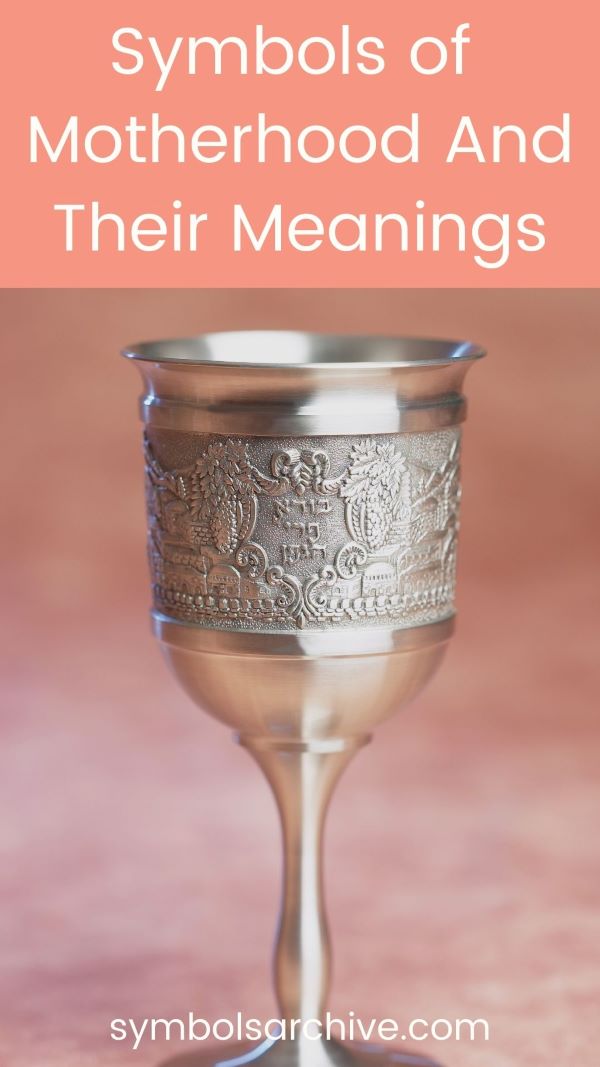14 Number Symbols And Their Meanings
Do you want to learn about number symbols and their meanings?
According to ancient Greek philosopher Pythagoras, numbers rule all things, believing numbers had magical powers and even souls.
Plato, on the other hand, deemed the study of number symbolism as the pinnacle of knowledge.
Numbers have significant symbolic meaning in various cultures, superstitions, religions, and mythologies worldwide. The meaning of numbers has held a significant status throughout human history, influencing different aspects of human life.
Certain numbers contain deep spiritual meanings that are connected to an individual’s life journey. Beyond their spiritual significance, for many it is crucial to delve into the symbolic meanings that numbers carry.
On this post, let us explore the meaning and significance of various symbols associated with numbers. Here are some of the most significant number symbols and what they mean.
14 Number Symbols And Their Meanings

1. Zero (0)

When speaking of numbers, zero holds an important status as the starting point.
In numerology, it symbolizes potential, limitless possibilities, and the essence of what exists prior to transformation.
When you repeatedly encounter zeros in various aspects of your life, such as receipts or invoices, it could be interpreted as a message indicating the emergence of fresh opportunities and unexplored paths opening up before you.
These appearances of zero are believed to be signals for embracing new beginnings and the potential that lies ahead.
2. One (1)

Akin to zero, the number 1 symbolizes fresh starts, new beginnings, and transformative changes.
The number 1 is often associated with unity and considered the fundamental building block from which all other numbers are derived.
By adding multiple copies of 1 together, other numbers can be created, highlighting its significance as the origin of numerical sequences.
3. Two (2)

The number 2 symbolizes various fundamental dualities in our lives, including concepts such as yin/yang, yes/no, male/female, me/you, left/right, alive/dead, and more.
It is common for humans to perceive and understand the world through these dualities, likely influenced by our inclination towards two-valued logic, which itself reflects another duality: true/false.
In numerology, this number carries significance as it represents balance, peace, and harmony.
Spiritually speaking, the number two (2) is often regarded as a symbol representing different things such as love, partnership, teamwork, mutual interest, friendship, service, personal growth, patience, learning, emotional balance, acceptance, bonding, and peace.
4. Three (3)

In some religions, certain numbers are considered sacred. These include three (3), four (4), seven (7), ten (10), and twelve (12).
Examples of number 3 in Christianity include the Trinity, Jesus preaching the gospel for three years, and Jesus rising from the dead on the third day.
Regarded as the perfect number, number 3 symbolizes harmony, wisdom, and understanding; birth, life, and death; and the past, the present, and the future.
This number is symbolic of both endings and beginnings, denoting a divine essence.
5. Four (4)

The Bible includes four Gospel writers known as the Evangelists, as well as four horsemen representing the Apocalypse, while Buddhism incorporates Four Sights and Four Noble Truths.
The universe’s order is represented by the number 4, which symbolizes various elements such as earth, water, fire, and air.
It also corresponds to the four seasons, the four cardinal directions, and the four phases of the Moon (new, half-moon waxing, full, half-moon waning).
The number 4 is connected to expressing oneself, achieving personal growth, reaching maturity, and having a stable mindset.
6. Five (5)

Numerology suggests that the number 5 represents numerous concepts such as freedom, curiosity, and transformation or evolution.
It signifies not only a spirited and thrilling nature but also holds deep implications in fields ranging from biology and astronomy to faith and religion.
It is associated with human perfection, as a person with arms and legs outstretched forms a pentagon shape, with the head symbolizing dominance over the four limbs, much like how the spirit governs the four elements. This number is also connected to the human senses, with five fingers on each hand and five toes on each foot.
In addition, the number 5 carries Christian symbolism, representing the five wounds of Jesus and the five letters of His name.
7. Six (6)

The highest number of the dice, number 6 is deemed the symbol of luck. This is the symbol of Venus, the goddess of love. For Pythagoreans, 6 is the first perfect number.
Numerology ascribes significant feminine energy to the number 6, seeing it as a symbol of nurturing and supportive qualities.
8. Seven (7)

The number seven (7) is important in Islam as it is associated with various things such as the seven heavens, the act of circling the Kaaba seven times, and the presence of seven verses in the first chapter of the Quran.
The number 7 holds significance in Judaism as well, commonly observed in both joyful events like weddings and sorrowful occasions such as sitting Shivah.
The word “seven” also carries significant symbolic interpretations. It represents a complete world.
Additionally, the progression from 1 to 7 is seen as a sequential journey toward reaching the number 7. This is also a recurrent number in the Book of Revelation.
The number 7 is said to symbolize a person’s journey to finding their divine life path.
9. Eight (8)

The number 8 symbolizes triumph, prosperity, and conquering obstacles in Pythagorean numerology. In Japan, 8 is regarded as an auspicious number.
The concept of infinity and spiritual perfection is symbolized by the number 8. It also embodies everything in the universe.
10. Nine (9)

The spiral form of the numeral 9 symbolizes a blend of continuous ingenuity and growth.
The Chinese see this number in a positive light due to its phonetic similarity to the Chinese word for “long-lasting.” It is closely connected with the Chinese dragon, which is regarded as a symbol of enchantment and strength.
11. Ten (10)

The number ten (10) can be seen in various contexts such as the Ten Commandments, the Ten Avatars of Vishnu, the Ten Gurus, and the Sefirot, among others.
The numbers 1 and 0 coming together, signifies a completed cycle and the beginning of a new phase of abundance and prosperity.
12. Eleven (11)

The number 11 has a special meaning in Germanic folklore where it is known as the “fool’s number.” As a result, this number continues to have a major role in a carnival that highlights the importance of satire and the presence of jesters.
Back in the early 1800s Cologne in Germany, the date November 11th served as a signal for the commencement of Fasching.
The Fools, known as Narren or Jecken, gathered in the streets to warn the guilds that it was time to initiate their preparations for constructing carnival floats and designing costumes.
13. Twelve (12)

In various religious, mythological, and magical symbolism, the number 12 is associated with ideals of perfection, completeness, and the harmonious organization of the universe.
It is significant in various contexts, such as its association with the twelve apostles, twelve tribes of Israel, and twelve Imams.
The Bible views the number 12 as a perfect number, denoting God’s power and sovereignty. It is also representative of completeness or the Israeli nation as a whole.
14. Thirteen (13)

The number 13 represents challenges, hardships, and mortality – deemed in many cultures the world over as an unlucky number.
Numerous buildings exclude a 13th floor, and many people steer clear of important events such as weddings or home purchases coinciding with number 13. Some believe that Friday the 13th is an ill-fated date.
Judas, the apostle who betrayed Jesus, occupied the 13th seat at the Last Supper.
In Norse legends, Loki was the 13th guest to join a feast in Valhalla, during which he cunningly manipulated another participant into causing the death of the god Baldur.
So having 13 guests at a dinner party is often seen as unlucky.
Nevertheless, Jews see the number 13 as a symbol of strength and good luck even. At the age of 13, a Jewish boy reaches the milestone of Bar Mitzvah.
The number is also associated with the Thirteen Attributes of Mercy and corresponds to the Jewish principles of faith as outlined by Maimonides.






